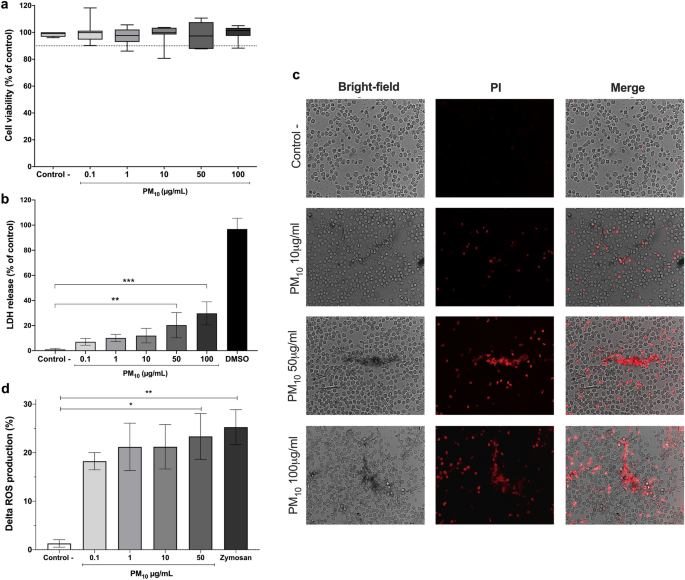Abstract
Background
Liver fluke infection caused by Opisthorchis viverrini is associated with several hepatobiliary diseases including advanced periductal fibrosis (APF) and cholangiocarcinoma. Recently, we demonstrated a persistent APF in over one-third of opisthorchiasis patients after worm removal by praziquantel (PZQ) treatment. However, the underlying mechanism(s) of this phenomena is unclear. Given a co-infection with Helicobacter pylori (H. pylori) especially cagA-positive strain enhances APF, we hypothesized that H. pylori with CagA virulent factor contributes to persistent APF.
Materials and methods
Seventy-five opisthorchiasis patients who underwent ultrasonography and treatment with PZQ were recruited in the 2-year follow-up study. Helicobacter and its cagA in the feces were examined by conventional and qPCR. Correlations between prevalence or bacterial loads of Helicobacter spp., H. pylori, and cagA-positive H. pylori before and after PZQ treatment were analyzed among resolved, slowly resolved, relapsed, and persistent APF groups.
Results
Overall, prevalence of Helicobacter spp., H. pylori, and cagA-positive H. pylori declined after PZQ treatment. However, only the prevalence and bacterial loads of cagA-positive H. pylori detected at 2-year post-treatment were significantly lower than those before treatment (p < .05). In addition, both prevalence and bacterial loads of cagA-positive H. pylori were significantly lower in the resolved APF group after PZQ treatment, while there were no significant changes in the slowly resolved, relapsed, and persistent APF groups. Among the APF subgroups, cagA-positive H. pylori prevalence in both relapsed and persistent APF groups were significantly higher than the resolved APF group.
Conclusion
The results support our hypothesis that H. pylori, especially cagA-positive strain, contributes to the relapsed and persistent APF. A supplementary antibiotic treatment for H. pylori to reduce persistent APF and eventually CCA is warranted.


